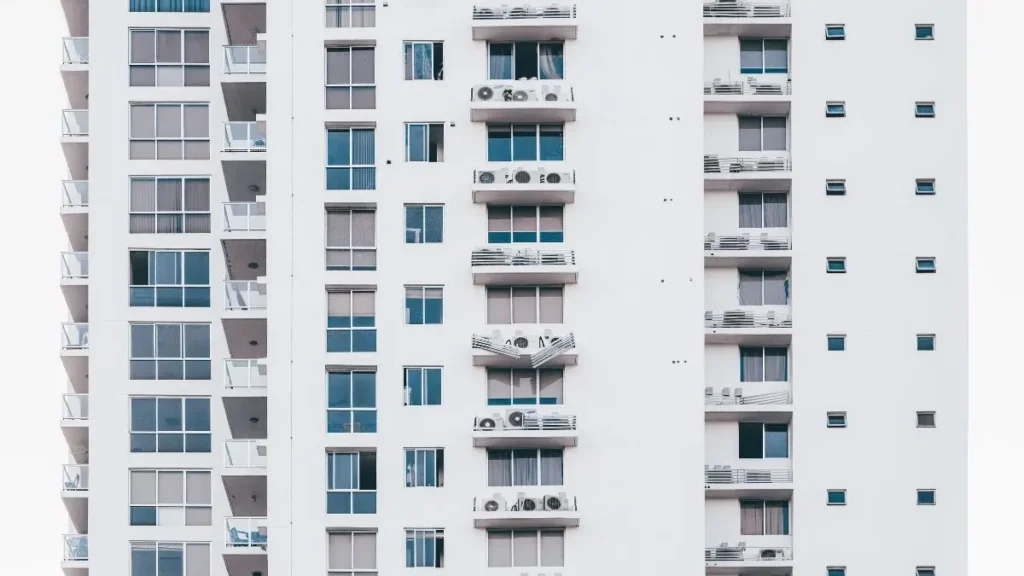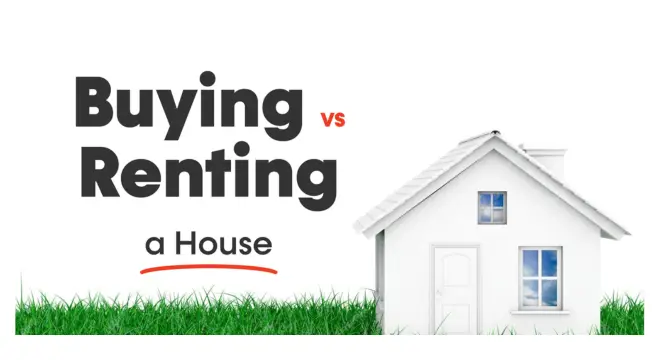Florida Condo Market Faces Sharpest Drop in 15 Years Due to Insurance and HOA Hikes
I have to admit, seeing Florida condo prices drop like this is hard to ignore. In August 2025, the median sale price for a condo in the state was $285,000. That’s down 8.1% from the same time last year, and about 14% below the peak back in July 2023. If you’re a condo owner or thinking about buying, those numbers are impossible to ignore.
To put it in perspective, this is the largest year-over-year drop for August since 2010. Back then, prices fell even more sharply—around 18.4%—after the housing crisis. But today’s decline feels different. It’s not just the market cooling; rising costs and new regulations are squeezing owners and shaping the way buyers think about Florida condos.
I’ve been tracking these trends closely, and what stands out is how quickly sentiment is shifting. Even though prices are still roughly 54% above pre-pandemic levels, the sharp pullback means both buyers and sellers are pausing. You can’t just look at the numbers in isolation—you have to understand why they’re moving this way, and what it means for anyone holding or eyeing a condo in the Sunshine State.
Why Condo Prices Are Falling — Key Factors

If you’ve been following Florida real estate, it’s clear that condo prices aren’t dropping randomly. There are real pressures behind the numbers, and understanding them can help you make smarter decisions.
Rising Homeowners Association (HOA) Fees
After the tragic Surfside collapse in 2021, Florida passed strict building safety laws. Any condo over 30 years old now needs structural inspections, and owners must fund repairs and maintenance.
That means HOA fees have shot up—even in buildings where the work hasn’t started yet, people are anxious about what’s coming. I can tell you from talking to owners, these costs feel like a constant weight.
Soaring Insurance Premiums
Insurance is another story. According to Realtor, Miami homeowners face average premiums of $22,718 a year. That’s on top of the HOA’s master policy, and flood coverage is often extra. Hurricanes, floods, and climate risk make insurers wary, and premiums keep climbing.
Cara Ameer, a real estate agent quoted by Realtor, says many carriers simply stopped writing policies in Florida after climate disasters. That leaves you paying more or struggling to get coverage.
Combined Impact
When you add these costs together—HOA, mandatory repairs, insurance—it’s no wonder buyers are hesitant and sellers are cutting prices.
Even if the purchase price seems reasonable, owning a condo in Florida is now about more than just the sale price. It’s about the ongoing cost of living there safely.
“To see how other housing markets are shifting across the country, and where prices are rising or falling the fastest, you can read our full report here.
Impact on Condo Owners and Buyers
If you own a condo in Florida, you’ve probably felt the squeeze firsthand. Many are retired or on fixed incomes, and the extra costs are forcing hard decisions. Some owners are unloading units at deep discounts just to escape the rising monthly bills.
On the flip side, buyers are more cautious than ever. Knowing that HOA fees and insurance could spike, people hesitate to pull the trigger—even on units priced below the peak. Older buildings take the biggest hit because they require more maintenance and have higher risk, but even newer condos aren’t completely immune.
I’ve noticed a pattern: the fear of hidden costs is shaping behavior more than the drop in sale prices. If you’re considering buying, it’s not just about the $285,000 median price—you have to think about what it really costs to live there long-term.
For a broader perspective on how home values are changing nationwide, and which areas are seeing the steepest declines, check out our report on U.S. housing market trends here.
Market Sentiment & Expert Observations
Sentiment matters, and right now it’s cautious. Experts like Nick Gerli, CEO of Reventure, warn that prices may continue to decline. He notes that demand is near historic lows, while sellers are desperate to move units they can’t afford anymore.
Florida condo values are down -9.9% in the last 12 months.
— Nick Gerli (@nickgerli1) November 18, 2025
That's the biggest one-year decline since 2009.
Condo inventory is now above 9 months of supply, indicating more declines next year are likely, as HOA and insurance costs are still causing owners to sell.
So far in… pic.twitter.com/wO33XVQ5r2
Still, it’s not all doom and gloom. Condo prices remain far above pre-pandemic levels—roughly 54% higher—so there’s still long-term value in Florida real estate. Jeff Lichtenstein, CEO of Echo Fine Properties, believes the slump won’t last forever. People love the lifestyle: the views, the convenience, the condo living experience.
What I take from this is simple: timing and context matter. If you’re buying, waiting a few months could save money—but you need to weigh that against long-term growth potential. If you’re selling, acting quickly could prevent further loss, but you might also miss a rebound.
As buyers adjust to new costs, they’re also taking advantage of lower mortgage rates in certain markets — our analysis of recent U.S. home sales highlights this trend here.
Lessons and Actionable Insights for Stakeholders

So what should you do? Here’s the reality for different players:
Condo Owners:
- Check your HOA’s financial health and upcoming assessments.
- Understand your insurance obligations and potential hikes.
- Decide whether selling now or holding long-term makes sense for your budget.
Potential Buyers / Investors:
- Examine building age, compliance, and past maintenance issues.
- Calculate real carrying costs: HOA, insurance, and likely repairs.
- Factor in climate risk; some units may be harder or more expensive to insure.
I’ve found that taking these steps before buying or selling removes a lot of anxiety. You won’t be caught off guard by a surprise bill or regulatory requirement, and your financial decisions will feel smarter and safer.
If you want quick updates and alerts about housing trends and condo markets, you can get bite-sized news straight to your phone via WhatsApp — it’s a simple way to stay informed on the go.
Florida Condo Market Outlook — What to Expect Next
Looking ahead, the market is at a crossroads. Some stabilization could occur if insurance carriers return, regulations become routine, and buyers regain confidence. On the other hand, oversupply, high costs, and ongoing regulatory uncertainty could keep prices under pressure.
If I were in your shoes, I’d watch for signs of insurance reform or building compliance becoming predictable. That’s usually the first signal that buyers are ready to step in. Until then, older buildings and high-risk regions will likely continue to see discounted prices, while well-maintained, compliant condos in safer areas could hold their value better.
What’s your take on Florida condos right now? Are you thinking about buying, selling, or holding? I’d love to hear how you’re navigating these rising costs and market changes.
Want to see how other housing markets are shifting across the U.S.? Check out our Real Estate & Homeownership section for more information.
Disclaimer: This article is for informational purposes only and does not constitute financial, legal, or investment advice. Readers should conduct their own research and consult professionals before making decisions about buying or selling real estate. The author and publisher are not responsible for any actions taken based on the content of this article.


